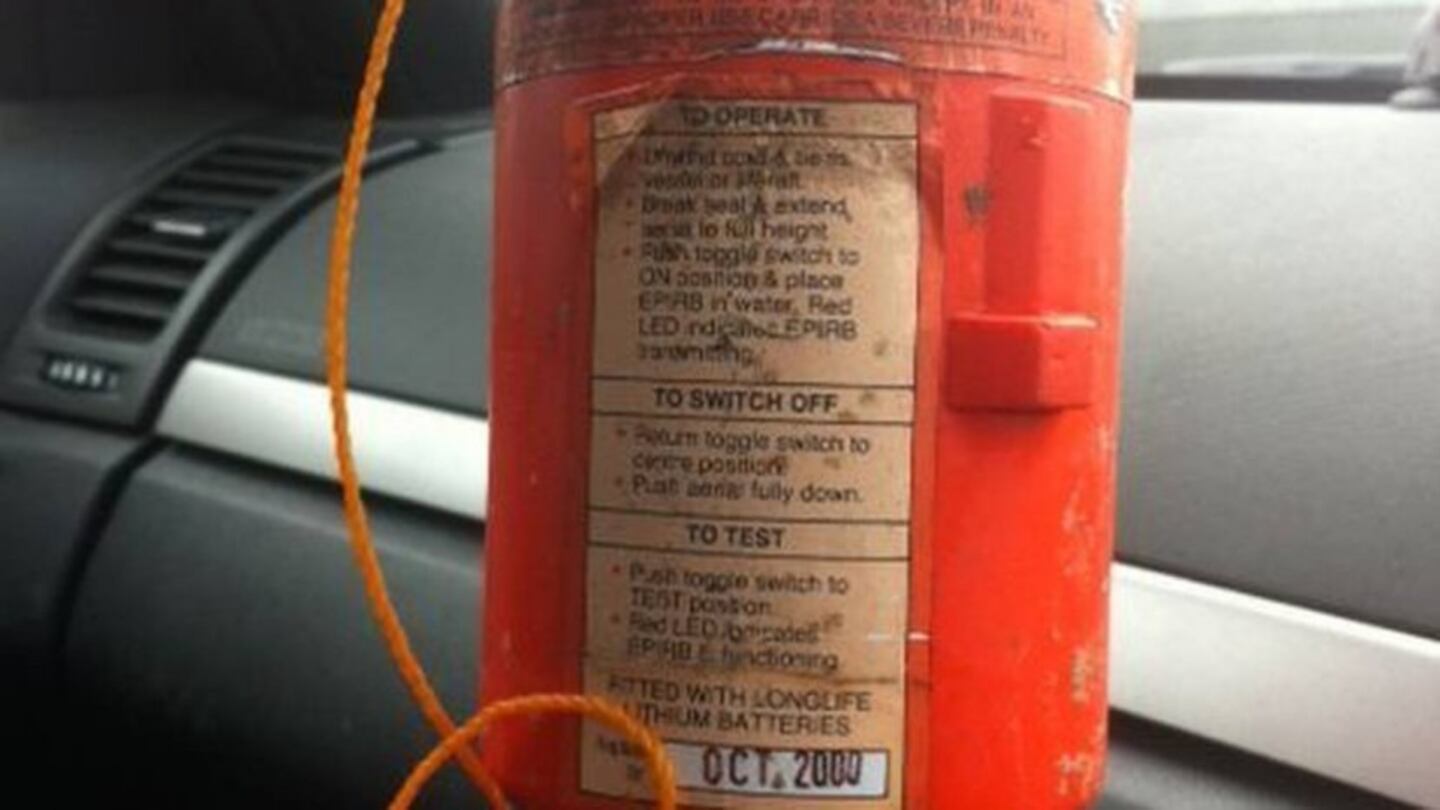EPIRB sales have increased for some retailers after the Enchanter fishing tragedy. Photo / NZME
A recent documentary on the Enchanter fishing tragedy has seen some retailers experiencing higher than usual sales for emergency position-indicating radio beacons.
When the Enchanter - a fishing charter vessel - was struck by a freak wave earlier this year, survivors used an EPIRB to alert Wellington Rescue Coordination Centre.
A spokesperson from Smart Marine said sales were up since the documentary was released on Wednesday and he expected to see more EPIRBs flying off the shelf in the coming days.
Absolute Marine - a distributor of the products - is also expecting to see increased EPIRB purchases across Auckland retailers from the beginning of October.
Burnsco managing director Bruce Macleod is not surprised that people are buying more safety equipment.
"There is a general awareness growing of the need for boat safety," he says.
The Enchanter had one onboard at the time of the tragedy.
Macleod added that depending on the size of the vessel, one or more EPIRBs would be an appropriate choice.
He says EPIRBs are purpose-built and constant technological advances have made them smaller and more accurate.
"They are brilliant devices that allow you to pinpoint locations with accuracy. The technology is such that you used to be able to pinpoint within three to four kilometres accuracy, but some devices are getting down to within hundreds of metres of an exact location."
Any downside to the cost of purchasing an EPIRB can be reconciled with its potential to save lives.
"The downside is that it may seem like a lot of money but you get your money's worth - they're life-saving."
Since surviving the ordeal of the five-day fishing trip, four of the five men that were rescued from the Enchanter wreckage have spoken about their experience.
Richard Bright, 63, Mike Lovett, 72, Geoffrey Allen, 72, Mark Walker, 41, and Mark Sanders, 43, from Te Awamutu, all drowned at sea - their bodies recovered over a two-day operation.


